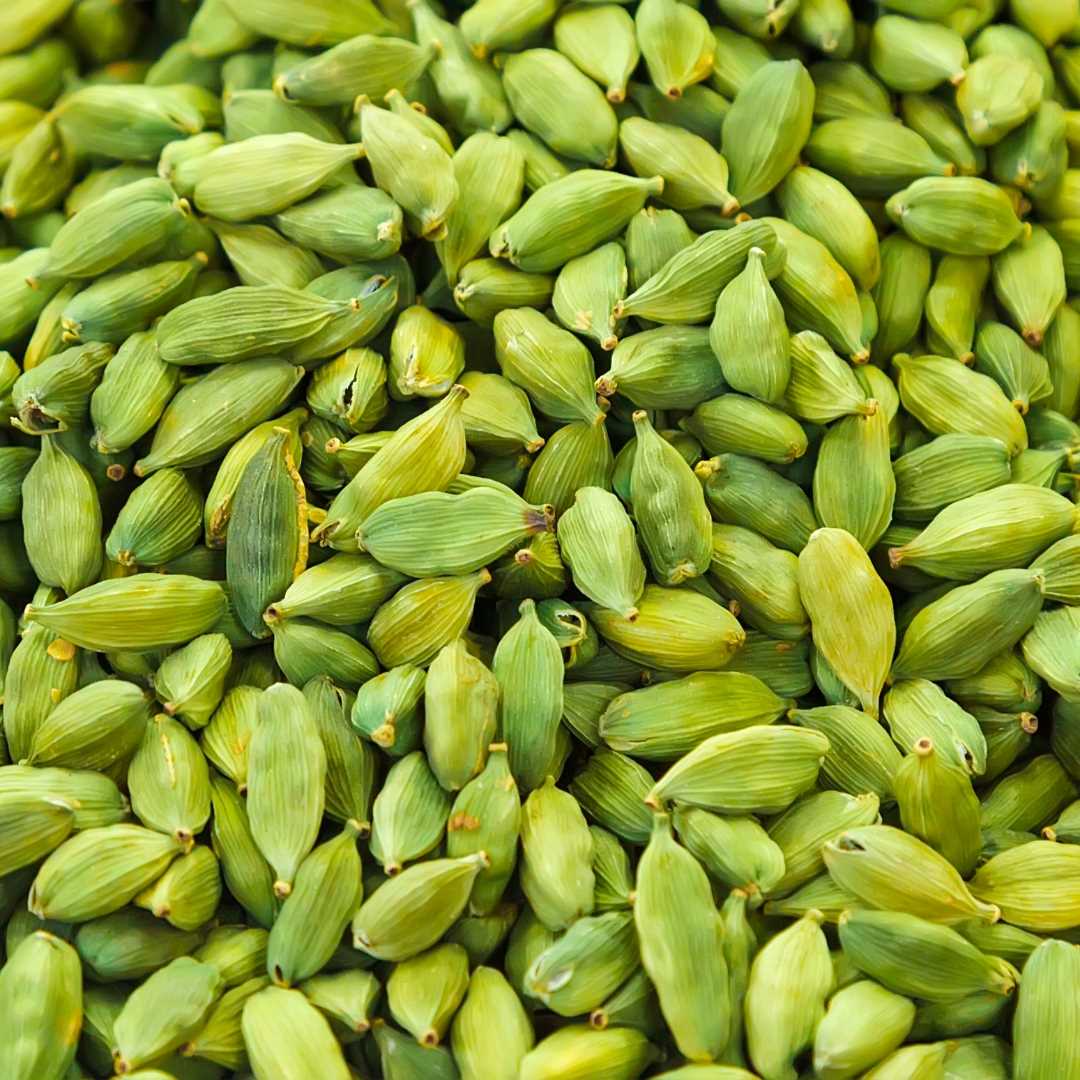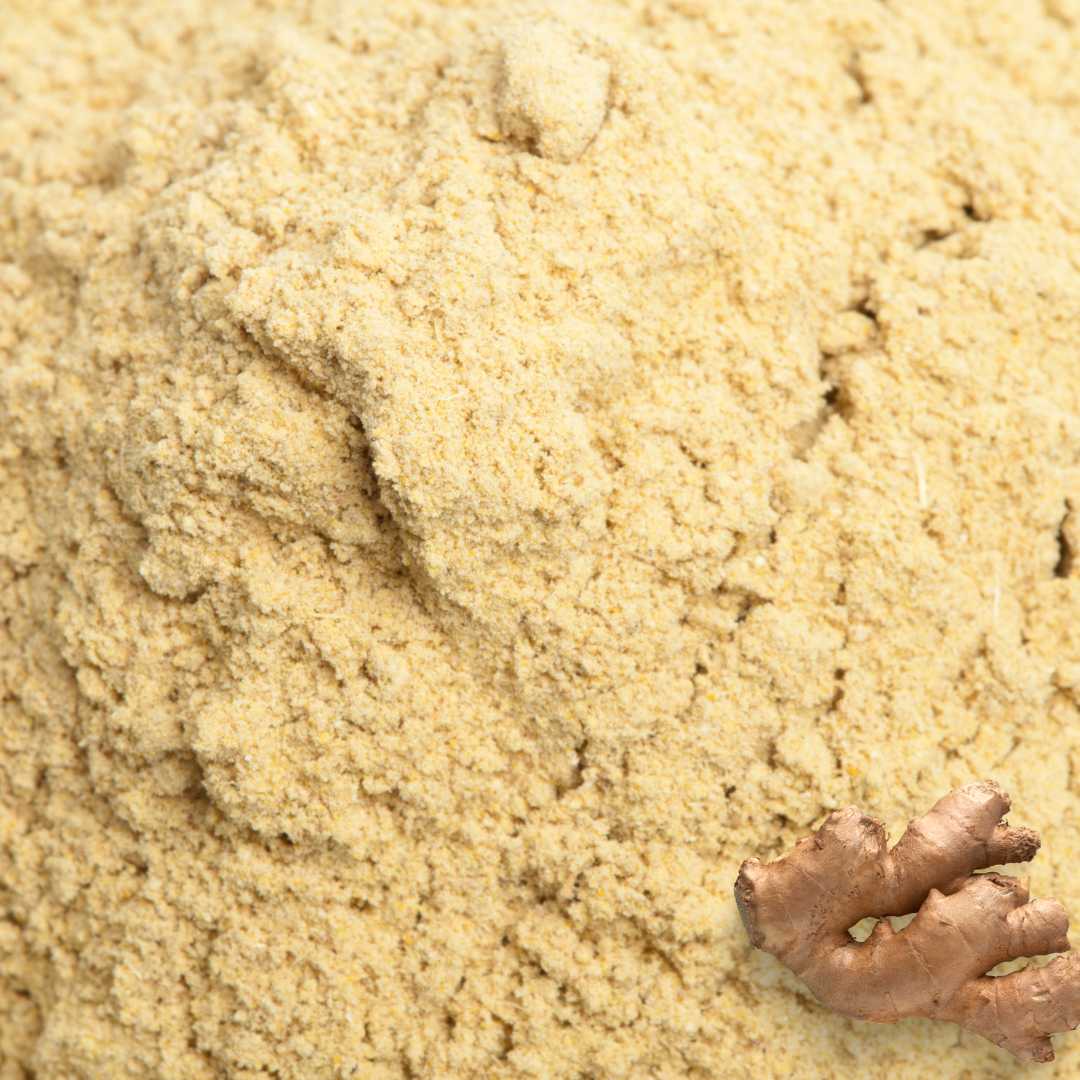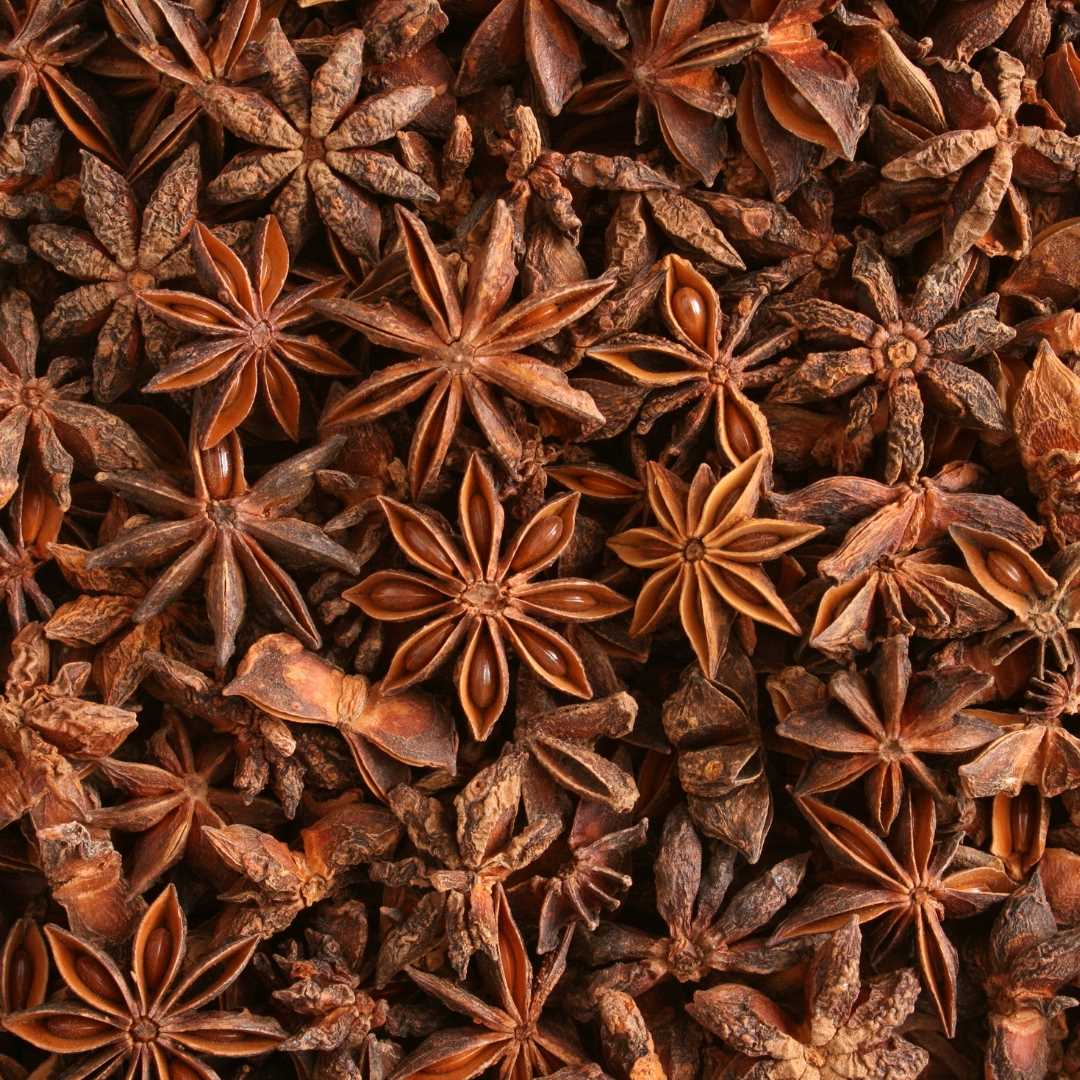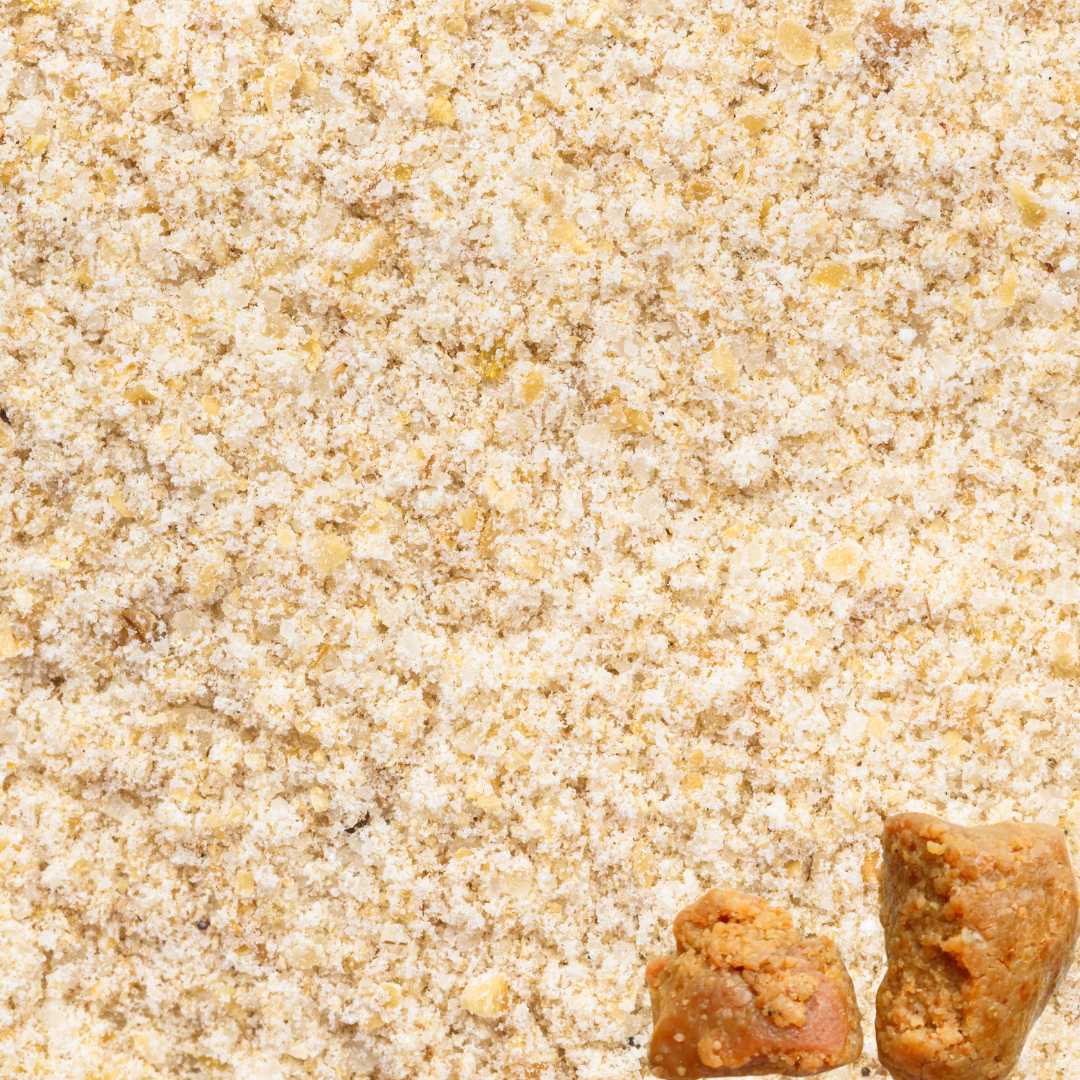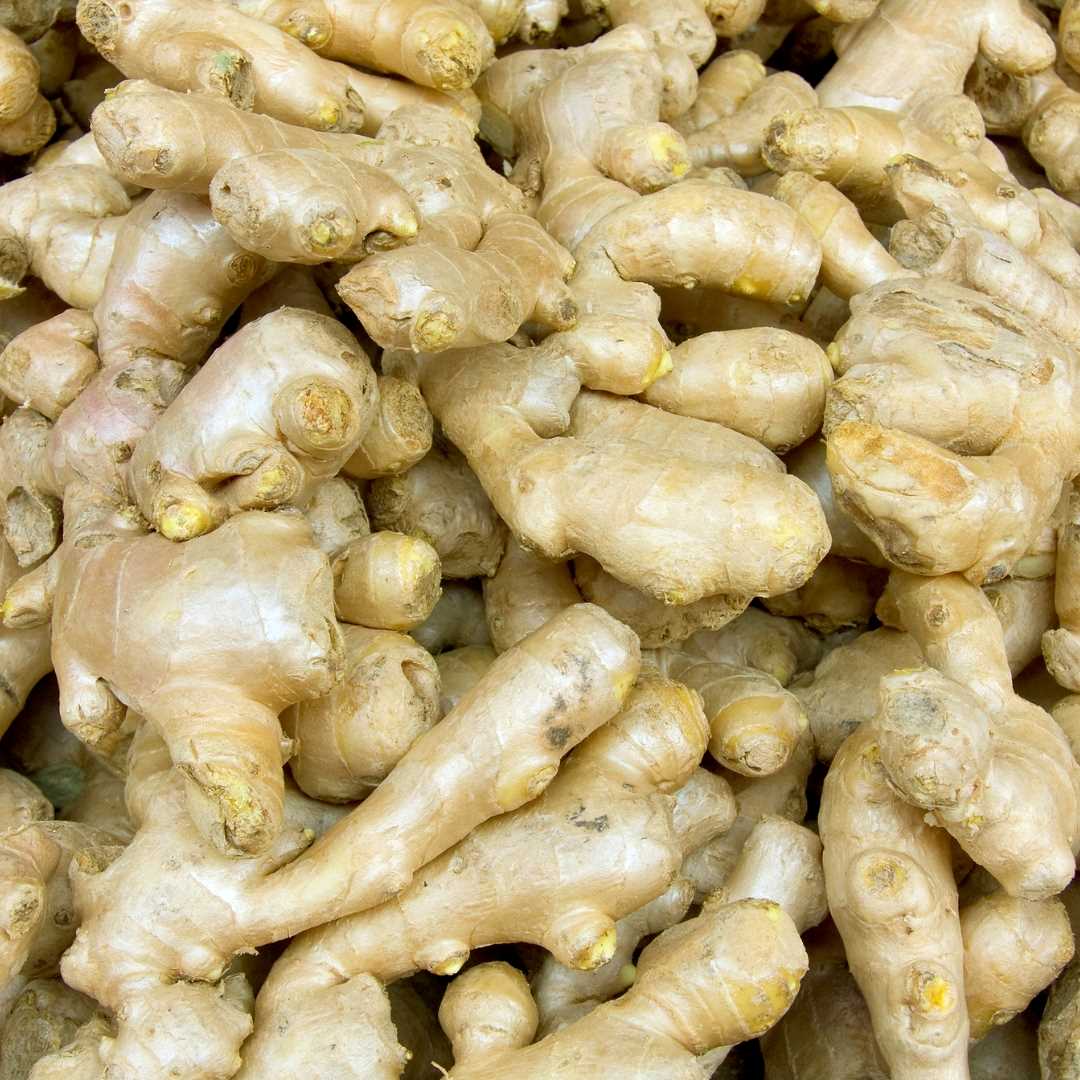Description
Use:
- Culinary: Cardamom is widely used in both sweet and savory dishes. It flavors everything from desserts (like cakes, cookies, and ice cream) to beverages (such as chai tea and Turkish coffee). It’s also a key ingredient in spice blends like garam masala and curry powder.
- Medicinal: In traditional medicine, cardamom is valued for its digestive properties. It is believed to aid in digestion, alleviate stomach discomfort, and freshen breath.
Origin:
- Cardamom is native to the Indian subcontinent and is also grown in countries such as Sri Lanka, Guatemala, and Tanzania. India remains a major producer and exporter of cardamom globally.
Health Benefits of Cardamom:
- Digestive Aid: Cardamom is known to stimulate the secretion of bile acid in the stomach, which helps to speed up digestion.
- Antioxidant Properties: It contains compounds like flavonoids and essential oils that act as antioxidants, protecting cells from damage.
- Anti-inflammatory: Some studies suggest that cardamom may have anti-inflammatory effects, potentially benefiting conditions like arthritis.
- Oral Health: Its antibacterial properties may help combat bad breath and prevent cavities.
- Respiratory Health: In some cultures, cardamom is used as a remedy for respiratory conditions like coughs and asthma.
Indian name of Cardamom:
- Hindi: इलायची (Elaichi)
- Tamil: ஏலக்காய் (Elakkai)
- Telugu: ఏలకులు (Elakulu)
- Kannada: ಏಲಕ್ಕಿ (Elakki)
- Malayalam: ഏലക്ക (Elakka)
- Bengali: এলাচি (Elachi)
- Gujarati: એલચી (Elachi)
- Marathi: वेलची (Velchi)
- Odia: ଇଲାଚୀ (Elachi)
Foreign Name of Cardamom:
- Spanish: cardamomo
- French: cardamome
- German: Kardamom
- Italian: cardamomo
- Portuguese: cardamomo
- Dutch: kardemom
- Russian: кардамон (kardamon)
- Arabic: الهيل (al-hil)
- Turkish: kakule




